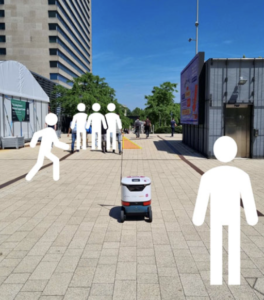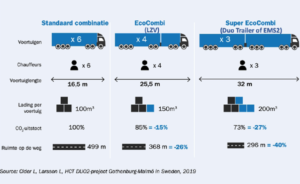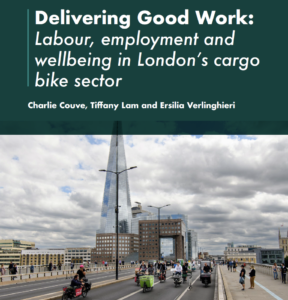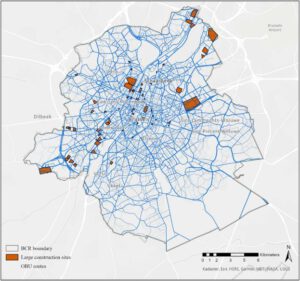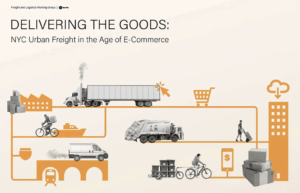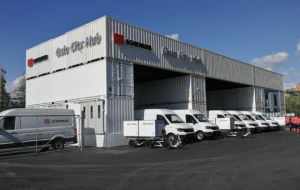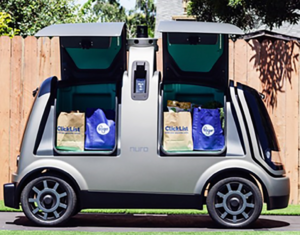Research: analysis of solutions for sustainable urban construction logistics
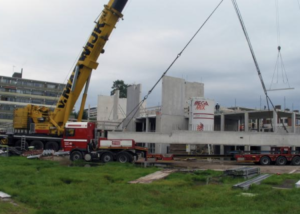
Implementation of construction projects is a determinant of the development of modern cities. However, this entails transport for supply purposes, significantly affecting the volume of freight transport in cities. Such a large share translates into a growing interest in more sustainable ways of organizing and providing construction-related transportation. A new paper presents research to build …

